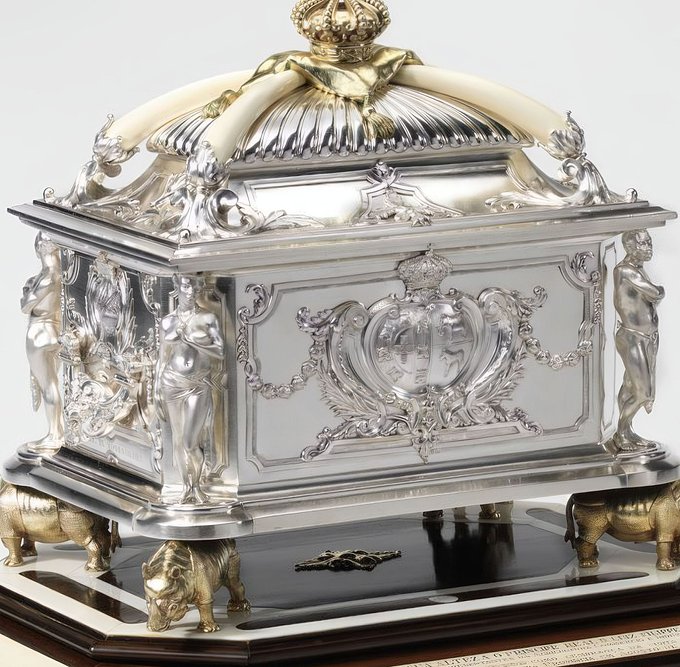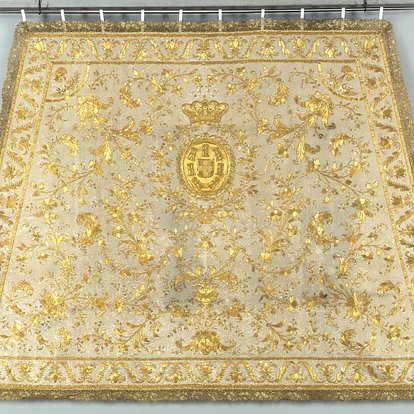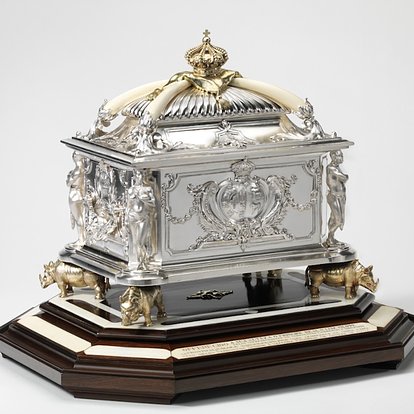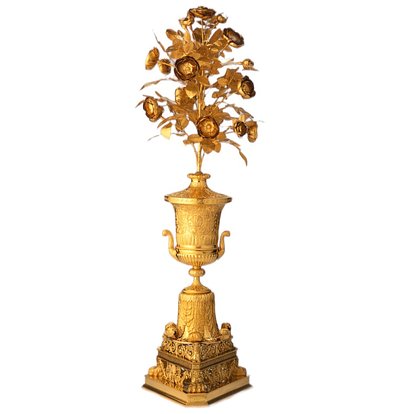Throughout the ages, diplomacy has played a decisive role in relations between States, as well as between Entities. Like treaties and agreements, diplomatic gifts are a part and an expression of such relations, with their respective weight in meanings and symbolism.
The relations of D. João V with the Holy See left their mark on the history of Portuguese diplomacy, leading, namely, to the Royal Chapel's elevation to the dignity of Patriarchal Church in 1716 and, in 1748, to Benedict XIV bestowing the title of "Most Faithful" upon the sovereign, thus affirming the diplomatic parity of the Kings of Portugal vis-à-vis the Spanish (Catholic) and the French (Most Christian) monarchs, as well as the Austrian emperors (Apostolic).
The relations of D. João V with the Holy See left their mark on the history of Portuguese diplomacy, leading, namely, to the Royal Chapel's elevation to the dignity of Patriarchal Church in 1716 and, in 1748, to Benedict XIV bestowing the title of "Most Faithful" upon the sovereign, thus affirming the diplomatic parity of the Kings of Portugal vis-à-vis the Spanish (Catholic) and the French (Most Christian) monarchs, as well as the Austrian emperors (Apostolic).




